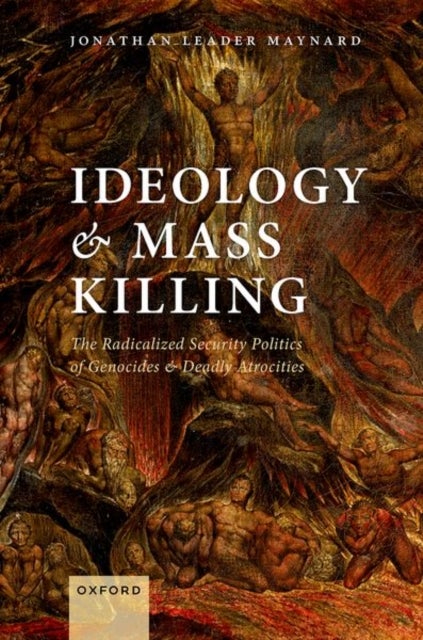
Ideology and Mass Killing av Jonathan (Lecturer in International Politics Lecturer in International Politics Department of Political Economy King'
1549,-
In research on ''mass killings'' such as genocides and campaigns of state terror, the role of ideology is hotly debated. For some scholars, ideologies are crucial in providing the extremist goals and hatreds that motivate ideologically committed people to kill. But many other scholars are sceptical: contending that perpetrators of mass killing rarely seem ideologically committed, and that rational self-interest or powerful forms of social pressure are more importantdrivers of violence than ideology. In Ideology and Mass Killing, Jonathan Leader Maynard challenges both these prevailing views, advancing an alternative ''neo-ideological'' perspective which systematically retheorises the key ideological foundations of large-scale violence against civilians. Integratingcutting-edge research from multiple disciplines, including political science, political psychology, history and sociology, Ideology and Mass Killing demonstrates that ideological justifications vitally shape such violence in








